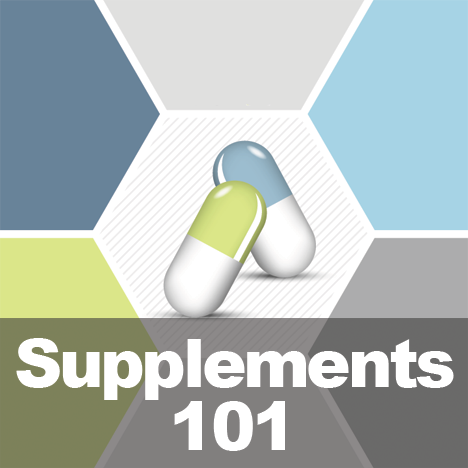Taking Magnesium Supplements
Magnesium is one of the primary minerals needed by the human body. Although often overlooked in health manuals, Magnesium plays a vital role in numerous life-sustaining processes, and has even been referred to as the “Miracle Mineral”. Taking Magnesium supplements certainly has caught some buzz in recent times thanks to Dr. Oz – author of “The You Manual” – and his vehemence in getting more Calcium in the diet.
While Magnesium certainly helps the body process Calcium, i.e., preventing constipation associated with Calcium supplementation, Magnesium supplements are vital in treating a large number of physical and emotional conditions, including heart ailments/disease, insomnia, asthma, diabetes (regulating blood sugar levels), Alzheimer’s (nerve cell transmission), PMS, painful menstruations, anxiety and even depression. Take that Prozac!
Due to the fact that Magnesium is stored in ALL body tissues, a depravity of this mineral could potentially lead to a chain effect of health threatening issues; Scary to think about, considering approximately 90% of Americans have a Magnesium deficiency. This is precisely why Magnesium supplements are very important to take if the mineral isn’t being adequately ingested via a healthy diet. Of course, a healthy diet may still require taking Magnesium supplements, especially if certain health conditions are already in existence.
The main role of Magnesium is in energy production and the formation and processing of enzymes, some of which are essential for a healthy heart and properly functioning nervous system – hence the role of Magnesium in treating heart disease, depression and anxiety.
Essentially, Magnesium helps muscles in the body to relax. And of these muscles, none is hardly more vital than the heart. Used to treat high blood pressure, Magnesium takes a load off the heart, consequently reducing the risk of cardiovascular disease. Specifically, Magnesium supplements prevent platelet clumping, encourage blood vessel dilation, help stabilize irregular heart rhythms, and inhibit contraction of vascular muscle in vitro (as well as bronchial muscle)
Alcohol, caffeine and calcium are said to inhibit the absorption of Magnesium. As such, those people who regularly ingest alcohol, caffeine and/or calcium are advised in taking Magnesium supplements dosed between 600-800 milligrams. On a side note, a calcium supplementation of 1,200 milligrams is advised in conjunction with this amount of magnesium supplement. People being treated for heart disease and low blood pressure should always seek a doctor’s opinion before taking magnesium supplements.




